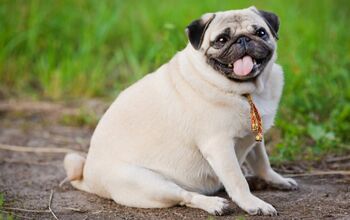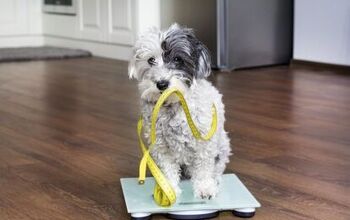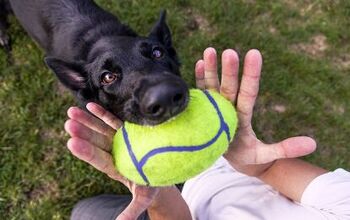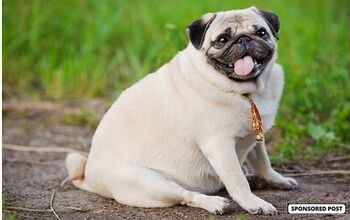How to Help a Dog Lose Weight?

Did you know that nearly 60% of dogs in the U.S. are overweight or obese? While it’s tempting to indulge your furry friend with extra treats and meals, excess weight can lead to serious health issues, including joint problems, heart disease, and diabetes. Maintaining a healthy weight is essential for your dog’s overall well-being. The good news? Helping your dog lose weight doesn’t have to be complicated. With commitment, consistency, and a balanced approach, you can make a big difference in your pet’s health. Here’s what you need to know:
Start with a Vet Visit
Before starting any weight-loss program, consult your veterinarian. Your vet will evaluate your dog’s current health, determine their ideal weight, and rule out any medical conditions that might contribute to weight gain. They can also provide a tailored weight-loss plan suited to your dog’s specific needs, ensuring a safe and effective approach.
Your dog’s diet is the foundation of any weight-loss plan. As a caring owner, you’re responsible for ensuring they eat properly. Overfeeding and calorie-dense treats are common culprits in weight gain, so it’s essential to make thoughtful choices. Here’s how:
- Control Portions: Measure your pet’s food using a scale or a dedicated measuring cup to ensure accurate portions. Base the amount on your dog’s size, age, and activity level, and follow your vet’s recommendations.
- Choose High-Quality Food: Opt for nutritionally balanced dog food with lower calorie counts but high levels of protein and fiber. Protein helps maintain muscle mass, while fiber keeps your dog feeling full longer. Look for trusted brands or foods labeled for weight management.
- Limit Treats: Treats should make up no more than 10% of your dog’s daily calorie intake. Offer healthy alternatives like small pieces of carrots, cucumber, or apple slices (ensure there are no seeds). Choose nutritious dog treats and use them sparingly.
Exercise is vital for burning calories and improving your dog’s overall health. It’s also a great way to bond with your furry friend. Aim for a mix of structured and fun activities:
- Daily Walks: Try brisk walks of at least 30 minutes each day, adjusting the duration and intensity based on your dog’s fitness level and age.
- Playtime: Engage in games like fetch, tug-of-war, or running around the yard. These activities keep your dog active and entertained.
- Indoor Activities: If outdoor time is limited, use puzzle toys or indoor exercise equipment for dogs to stimulate your dog mentally and encourage light movement.
- Low-Impact Options: For older dogs or those with joint issues, swimming is an excellent, gentle exercise.
Monitoring your dog’s progress is essential for staying on track. Weigh your dog regularly—use a bathroom scale by weighing yourself with and without your dog, then calculate the difference. Aim for a gradual weight loss of 1-2% of their body weight per week. Keep a journal to record weight changes and note any adjustments to their diet or activity level.
Once your dog reaches their ideal weight, the work doesn’t stop. Maintaining their new healthy lifestyle is key to preventing future weight gain. Stick to the portion sizes, continue regular exercise, and monitor their weight periodically. Consistency is the secret to long-term success.
Helping your dog lose weight is one of the best gifts you can give them. It improves their quality of life, reduces the risk of serious health issues, and strengthens the bond you share. Start small: measure your dog’s food for the next meal, add five extra minutes to today’s walk, or swap calorie-dense treats for healthier options. Small, consistent steps lead to lasting change - for both you and your dog.

A proud mama to seven dogs and ten cats, Angela spends her days writing for her fellow pet parents and pampering her furballs, all of whom are rescues. When she's not gushing over her adorable cats or playing with her dogs, she can be found curled up with a good fantasy book.
More by Angela Vuckovic

























